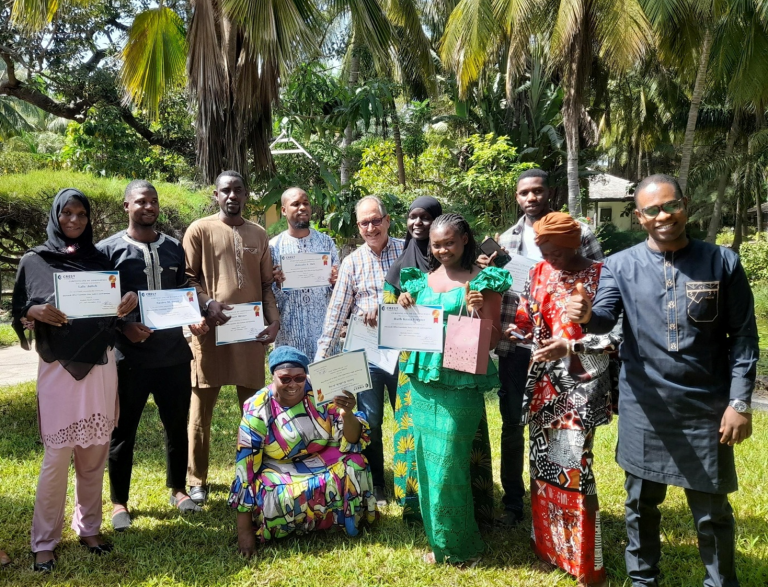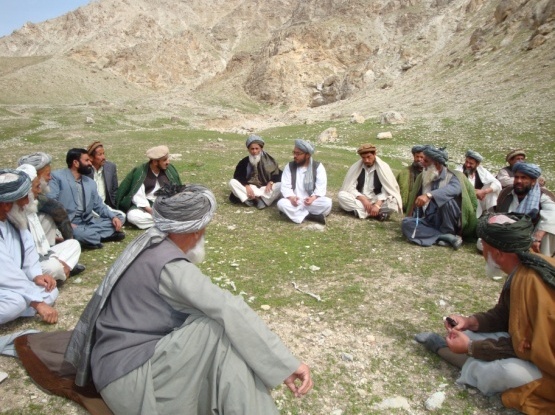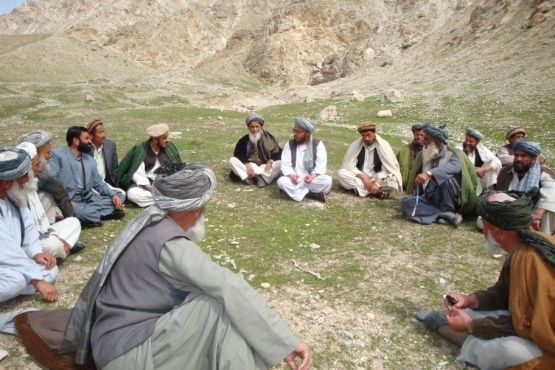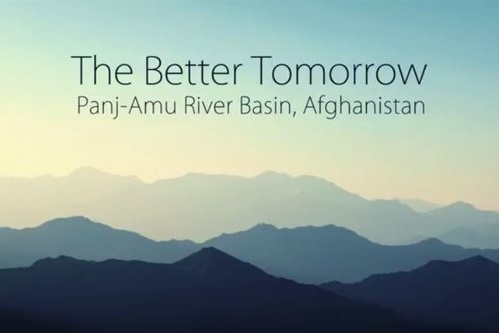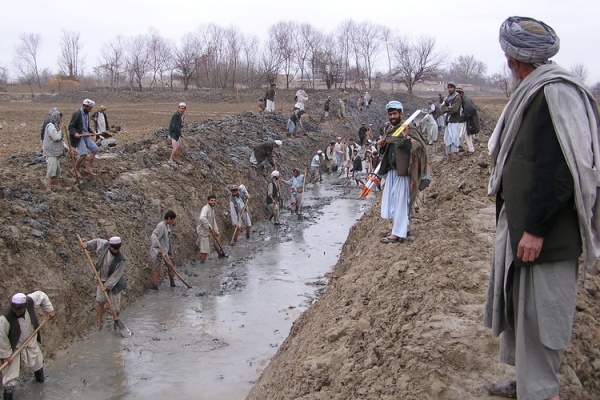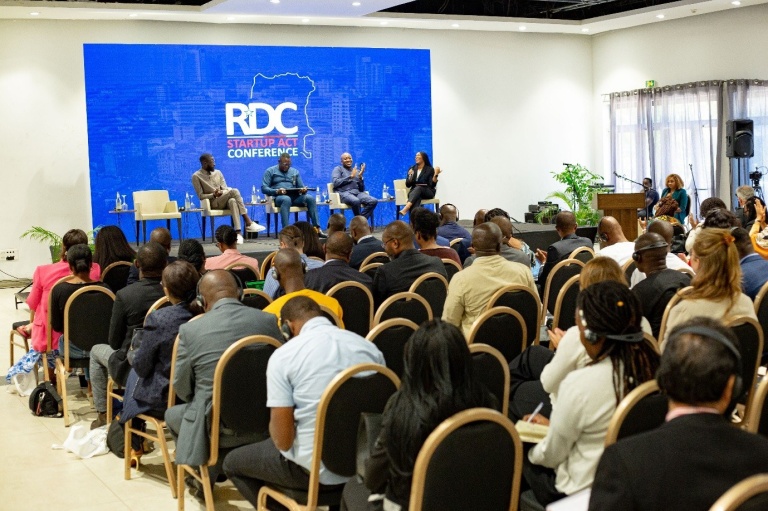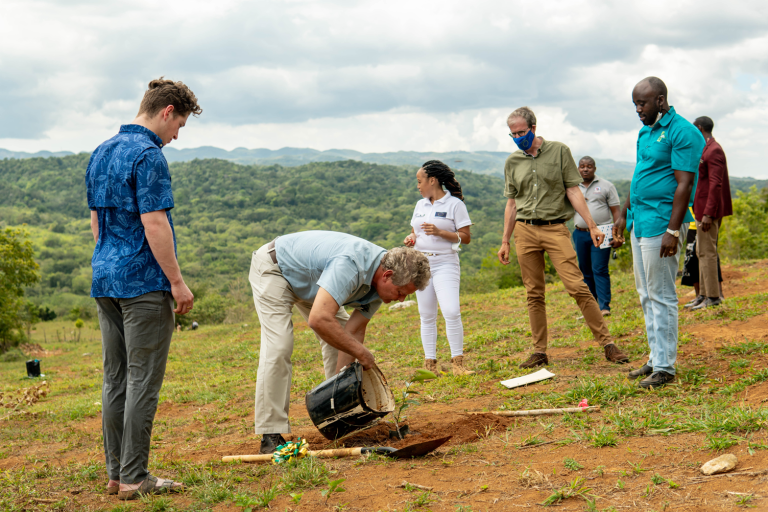- Coordination with village natural resource committees and catchment management associations to implement participatory projects. These projects aimed at protecting against flash floods, decreasing soil erosion and promoting better drought resilience for the population in the often remote and vulnerable upper catchments.
- Projects included the regeneration and protection of over 120,000 ha of pastures, rangeland and degraded woodlands, through the establishment of over 1000 household based nurseries, all managed by women, and 650 anti-erosion devices.
As a result of the interventions carried out under P-ARBP, over 60,000 ha (56 irrigation schemes) have directly benefited from improved irrigation infrastructure, leading to an increase in irrigated cropped area by 27,000 ha. P-ARBP successfully provided an integrated approach to water management, whilst remaining respectful of the region’s natural resource base. By establishing and working alongside agencies and associations for water users, Landell Mills ensured that the programme’s key stakeholders played a significant role in rehabilitating and upgrading infrastructure in the basin, and in improving overall water management.
Consequently, water is now managed more equitably between upstream and downstream users, both along rivers and within schemes. Landell Mills also coordinated with village natural resource committees to implement numerous projects, which provide the area and population with better protection from hydrological hazards, alongside making them more resilient to drought.
In order to ensure sustainability, capacity building of stakeholders (including MEW, RBA, SBAs, WUAs, contractors and universities) was carried out throughout the programme, and a number of guidebooks and manuals were produced in the local language. This literature been adopted by MEW and documents are available for download on their website. Training was also provided to RBAs in other basins to share lessons learned and best practise.
Landell Mills and the EU produced a short film about the impact of P-ARBP, which you can watch here.
